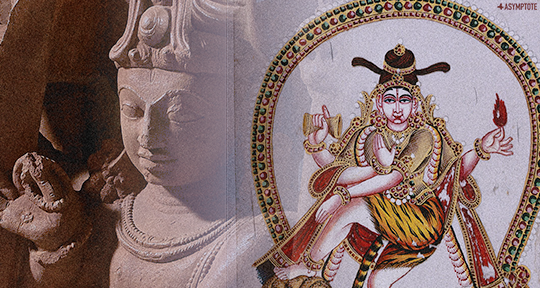This Translation Tuesday, we present three meditations from Brazil on the fluid qualities of the words that describe and “name” us. Floresta’s first poem rankles at the tyranny of the verb “to be” at its categorical, othering, murdering worst. In his second, the verb approaches us far more softly and trepidatiously; it’s domesticated and unthreatening now—a balm, even. The forth swings us back and forth across the tenses, exploring the miraculous potential of the word to both travel into a minutely specific past, and telescope forwards ad infinitum.
Translators Jamille Pinheiro Dias and Alex Brostoff were drawn to Floresta’s poems for their evocative treatment of the contradictions of grammar. They explain in their note:
“Paradoxically, while “the form of the verb” is murderous, it also summons a matrilineal bond that recalls rice and beans, the lack and excesses of gendered evocation. That language others us by naming who we are not, “pressed in a time / that is not mine,” recalls the very forms through which translation at once opens up and shuts down possibilities of naming. The form of the verb genders us, and through the violence of nomination, it precedes and exceeds us: across time, bodies, languages. Such forms constrict and proliferate in translation.”


